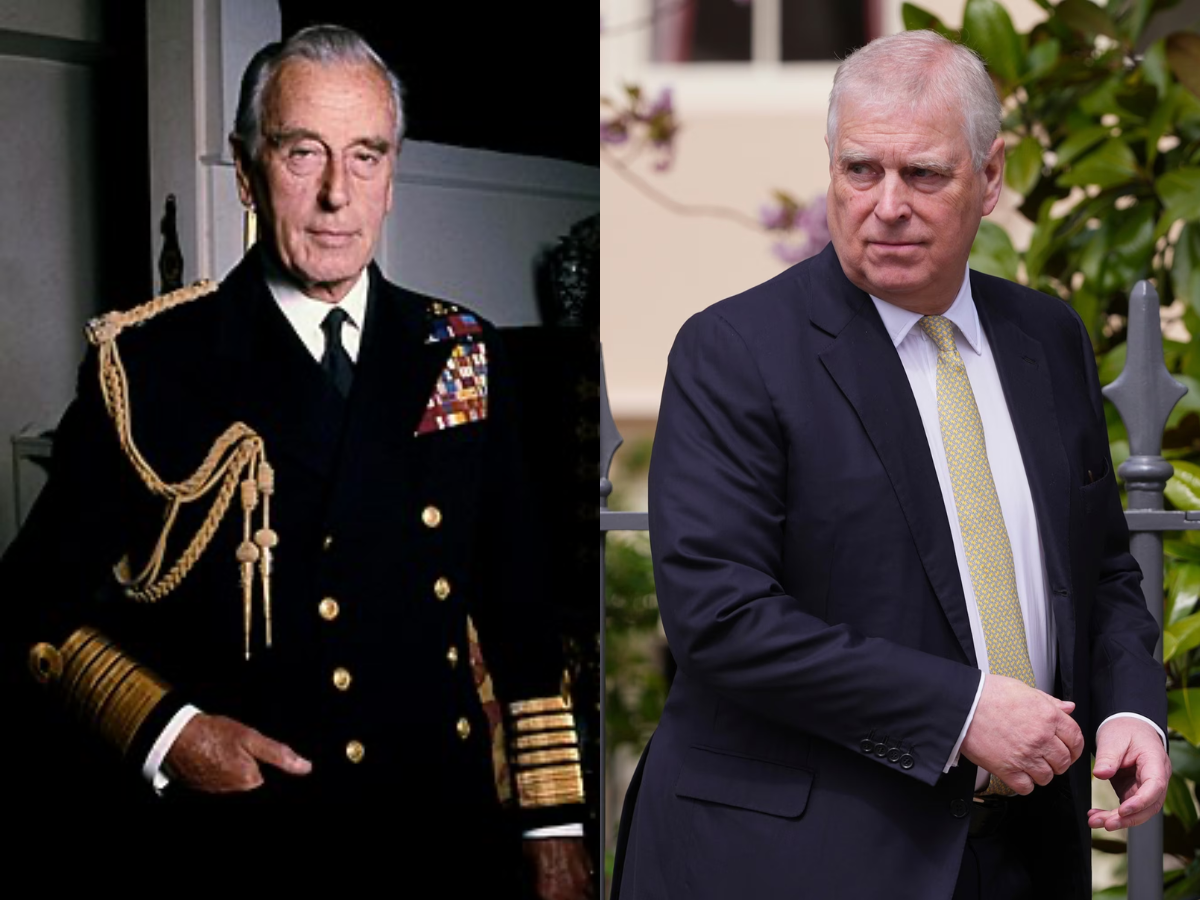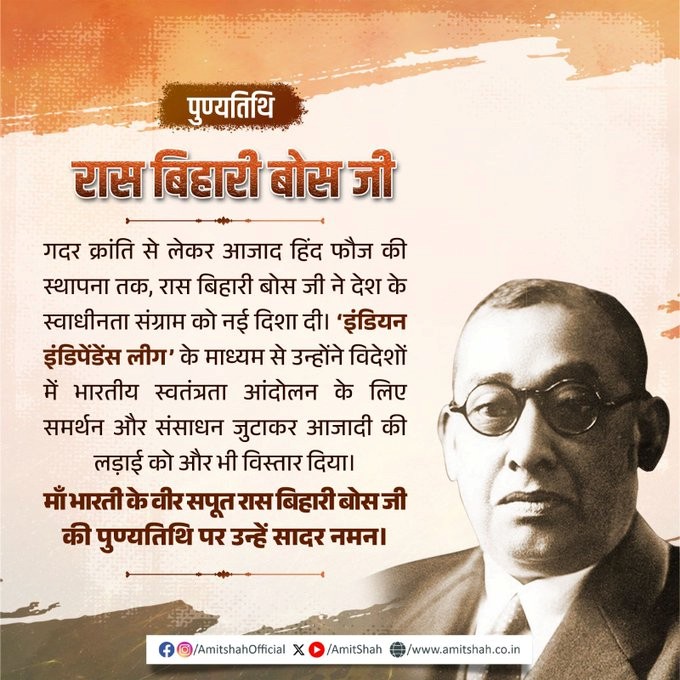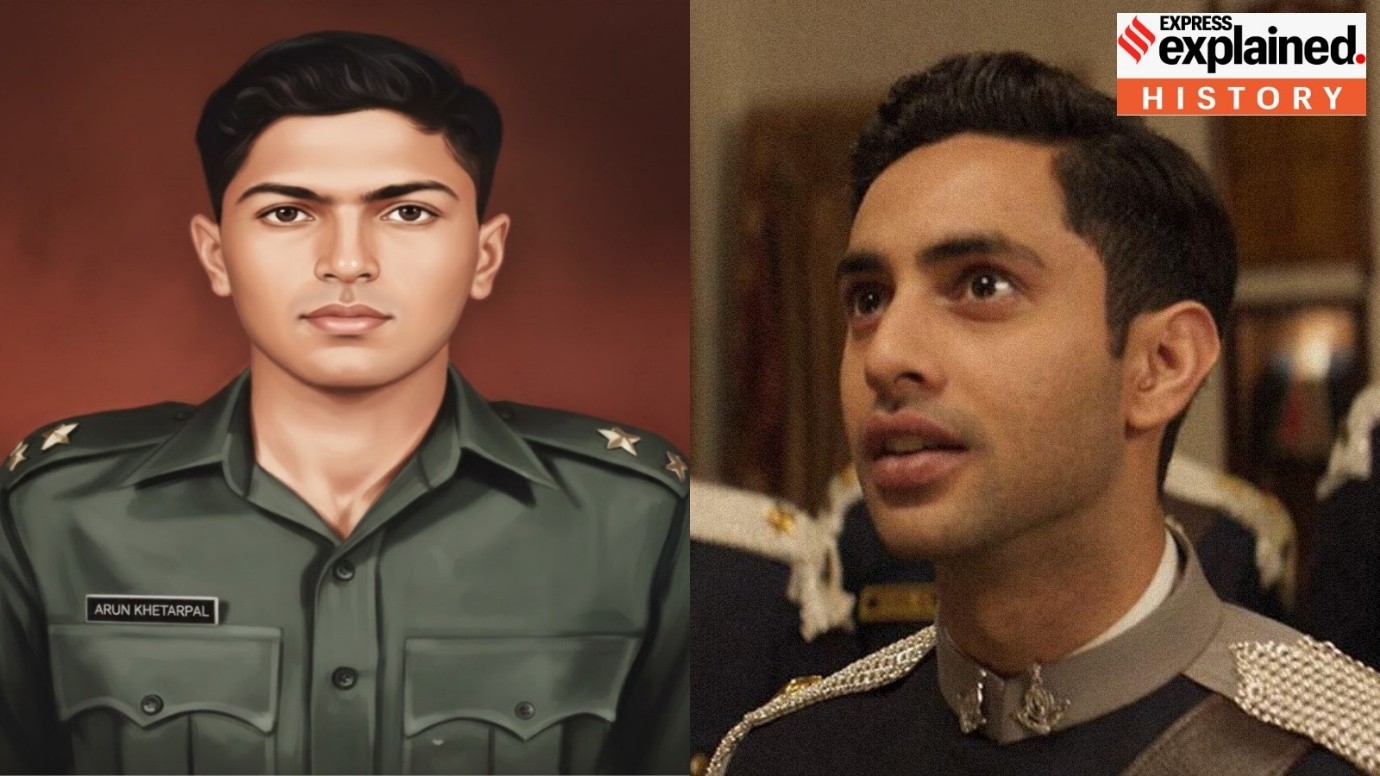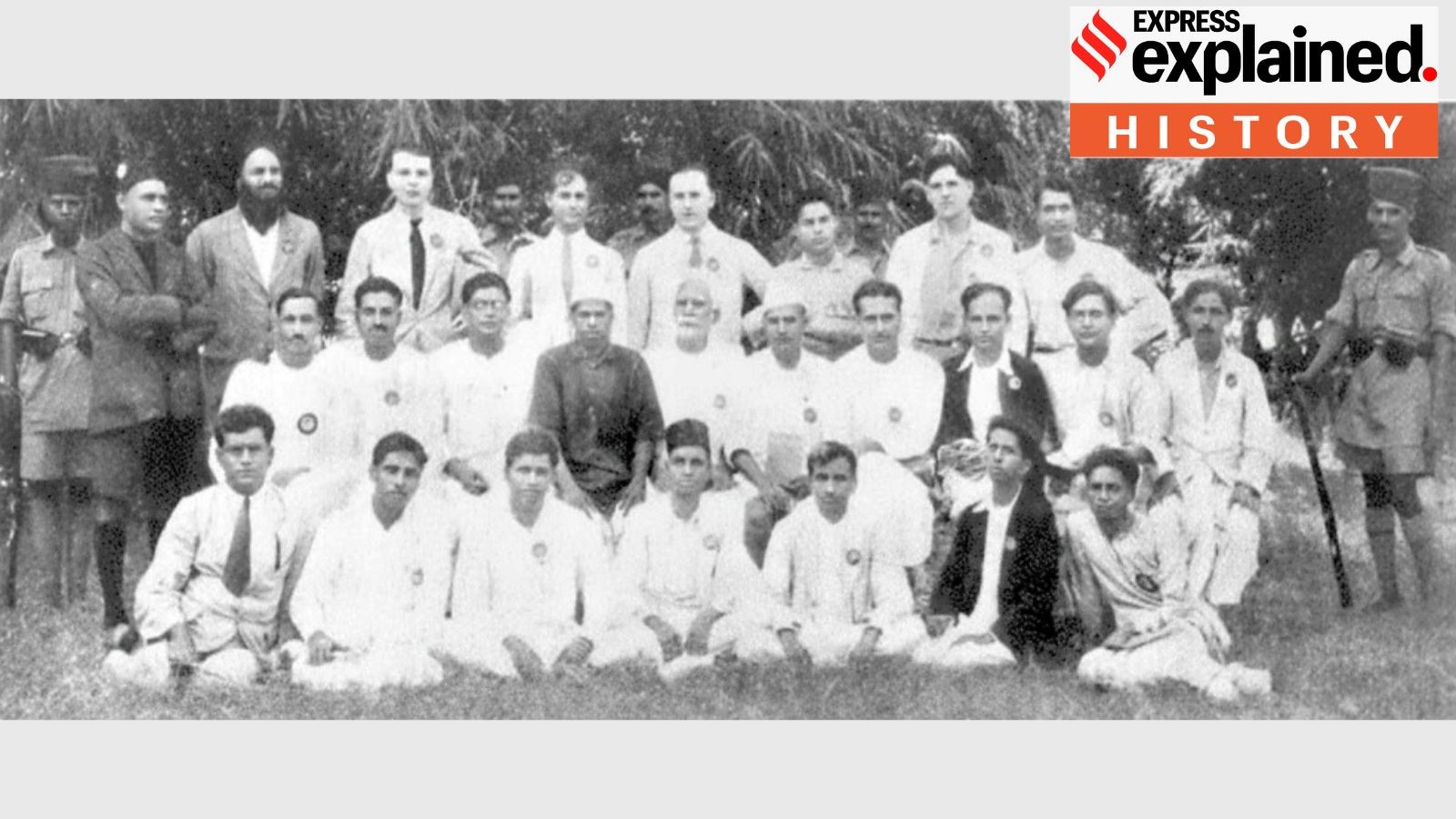Description
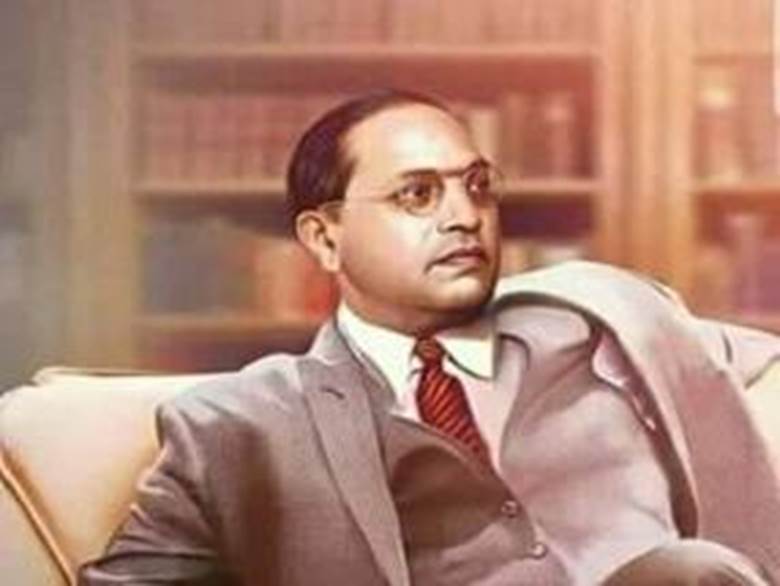
Copyright infringement is not intended
Context: December 6 is observed as the Mahaparinirvan Diwas, or the death anniversary, of Dr BR Ambedkar, the Father of the Indian Constitution. ‘Parinirvan’ can be translated as ‘nirvan’ after death, or freedom from the cycles of life and death. Dr Ambedkar breathed his last on December 6, 1956, less than two months after he had converted to Buddhism, fulfilling his declaration of “I will not die a Hindu”.
Details:
- With his trenchant criticism of major religions, Ambedkar is often mistaken to be against religion, when he was deeply spiritual and conscious of the importance of religion in public life.
- While his views on Buddhism being superior to other religions are well-known, Ambedkar also believed the Buddha’s path to be superior to the popular religion-rejecting philosophy, Marxism.
.jpg)
Similarities
- For Buddhism, he lists: “The function of Religion is to reconstruct the world and to make it happy and not to explain its origin or its end; That private ownership of property brings power to one class and sorrow to another; That it is necessary for the good of Society that this sorrow be removed by removing its cause; and All human beings are equal.”
- Of Marx, he says all that is left “is a residue of fire, small but still very important.” The residue he summarises in four points, including, “The function of philosophy is to reconstruct the world and not to waste its time in explaining the origin of the world; That private ownership of property brings power to one class and sorrow to another through exploitation; That it is necessary for the good of society that the sorrow be removed by the abolition of private property.”
Means
- Dr Ambedkar says Buddhism’s commitment to abolishment of private property is apparent in how its ‘Bhikshus’ give up all worldly goods. He says the rules for Bhikhshus owning property or possessions are “far more rigourous than are to be found in communism in Russia.”
- To establish a happy and fair society, the Buddha had laid down a path for believers.
- The driving force of India’s Constitution also says Buddha was a democrat.
Importance of religion
- Ambedkar writes that while Communists claim the State will eventually wither away, they don’t answer when that will happen, and what will replace the state.
- Of the two questions, says Ambedkar, what is more important is what replaces the state, and if it is anarchy, then the building up of the Communist state would have been a useless effort.
- If it cannot be sustained except by force and if it results in anarchy when the force holding it together is withdrawn what good is the Communist State. The only thing which could sustain it after force is withdrawn is Religion.
- But to the Communists Religion is anathema. Their hatred to Religion is so deep seated that they will not even discriminate between religions which are helpful to Communism and religions which are not,” Ambedkar writes.
- Ambedkar makes distinctions between Buddhism and Christianity, which he says Communists “hate”, and claims Buddhism has not the faults of the older religion. Instead of glorifying poverty and suffering in this world and making people dream of the hereafter – as he claims Christianity does – Ambedkar says Buddhism talks of being happy in this world and of earning wealth through lawful means.
.jpg)
Dr. BR Ambedkar & his contributions
- He was independent India's first Minister of Law and Justice.
- He was also the chief architect of the Constitution of India.
- He campaigned against social discrimination towards the untouchables (Dalits).
- He established the Bahishkrit Hitakarini Sabhato promote education and socio-economic improvement of the untouchables.
- He also founded the Independent Labor Party(1936) and Scheduled Castes Federation (1942).
- He led the Mahad Satyagrahor Chavdar Tale Satyagraha to fight for the right of the untouchable community to draw water from the main water tank of the town.
- He was invited to testify before the Southborough Committee, which was preparing the Government of India Act 1919.
- At the hearing, Ambedkar argued for creating separate electoratesand reservations for untouchables
- In 1930, Ambedkar launched Kalaram Temple movement.
- In 1932 he signed Poona pact.
|
Poona Pact was signed by Ambedkar on behalf of the depressed classes and Madan Mohan Malviya on behalf of the Upper Caste Hindus as a means to end the fast of Gandhi. Gandhi was undertaking the fast in jail as a protest against British Prime Minister Ramsay MacDonald’s decision to give Separate electorates to depressed classes for the election.
|
- He was appointed as the Chairman of the Constitution Drafting Committee.
- He resigned from cabinet in 1951, when parliament stalled his draft of the Hindu Code Bill.
- The bill sought to enshrine gender equality in the laws of inheritance and marriage.
Books and Journals
- Annihilation of Caste,
- Buddha Or Karl Marx,
- Buddha and His Dhamma,
- Who were the Shudras,
- The Rise and Fall of Hindu Women among others.
- Mooknayak,
- Bahishkrit Bharat,
- Samatha,
- Equality Janata among others
Relevance of Ambedkar in Present Times
- 70 years has passed since Independence but the state machinery is inherently inept and it is being manipulated by caste and class biases.
- Caste system against which Ambedkar fought throughout his life is still a contested terrain.
- Dalits continue to bear the brunt of violence and discrimination.
- Today politics is all about caste, race, religion, polarisation and mudslinging. Ideology has taken a back seat in political discourses.
- Caste survives despite globalisation, scientific development and mass political mobilisation of the Dalits.
- Constitutionally guaranteed reservation for education and employment has no doubt made a mark.
- But the social and economic justice that is due to the Dalits and tribals is still elusive.
- The narrative of the development of SCs and STs is blemished by recurring instances of rape, corruption, exploitation, exclusion, denial of justice, displacement and deprivation.
|
The State shall promote with special care the educational and economic interests of the weaker section of the people, and in particular, of the Scheduled Castes and the Scheduled Tribes, and shall protect them from social injustice and all forms of exploitation."
-Article 46 of the Indian Constitution.
|
https://indianexpress.com/article/explained/explained-culture/mahaparinirvan-diwas-ambedkar-buddhism-marxism-8307875/






.jpg)
